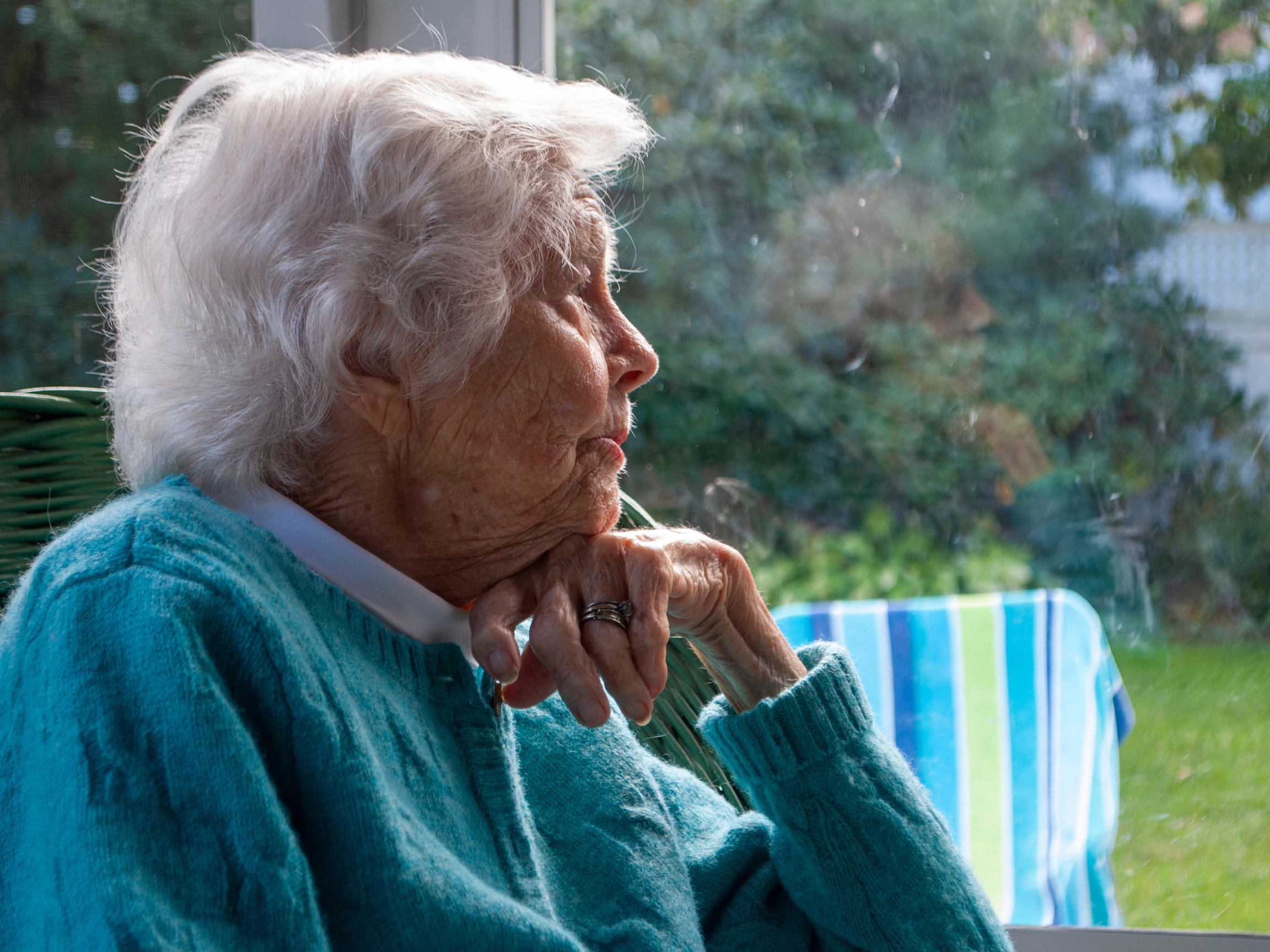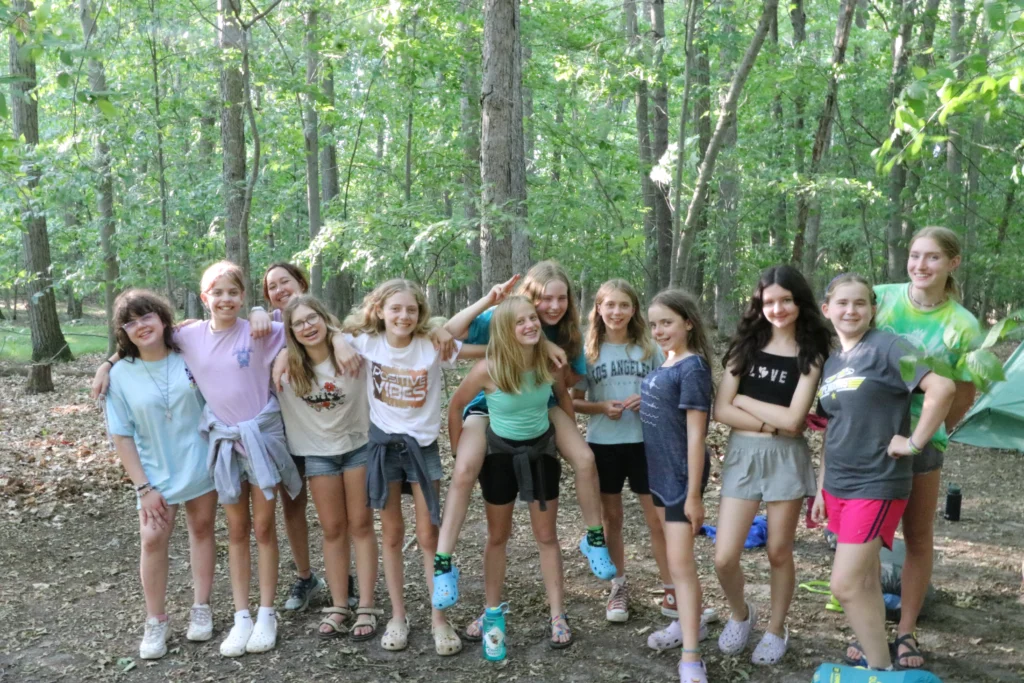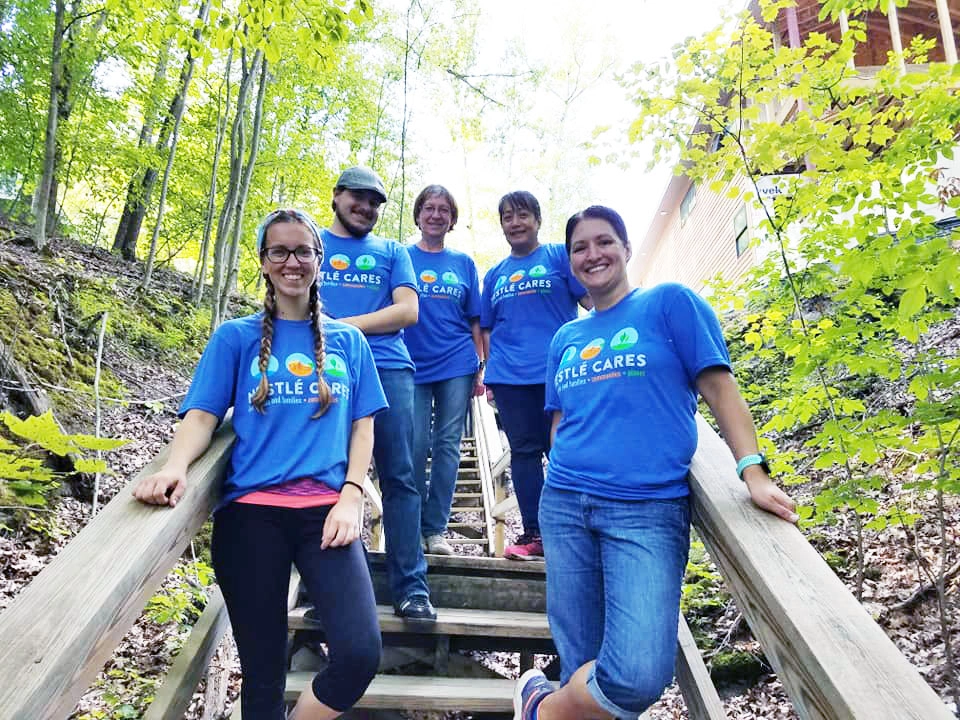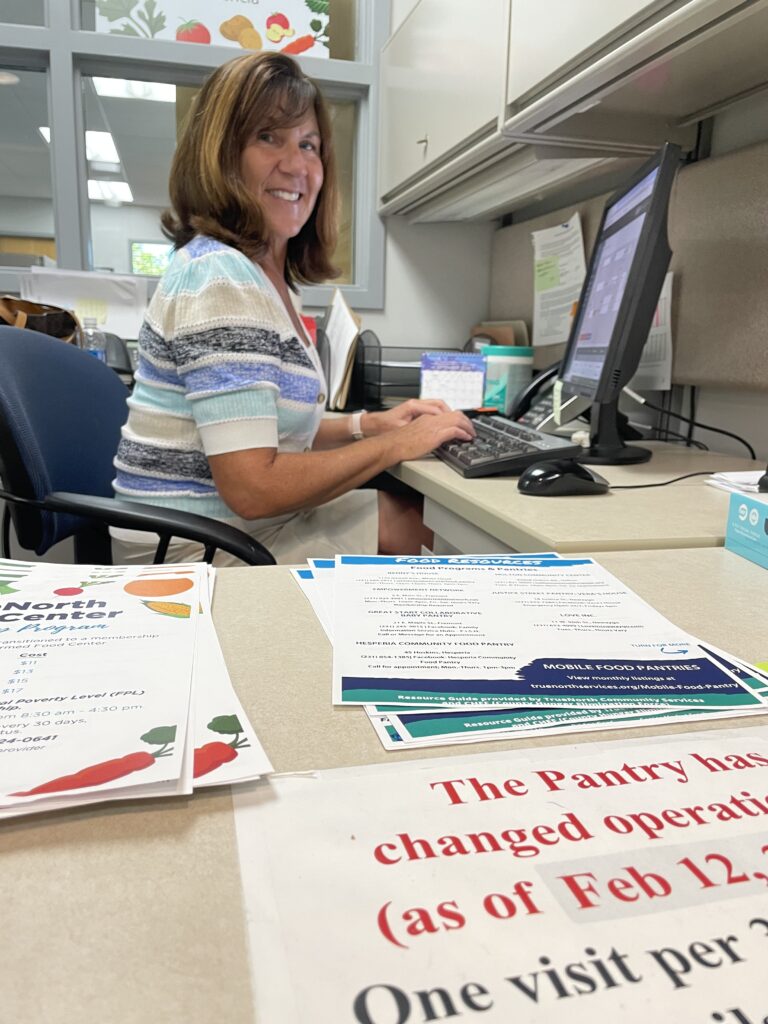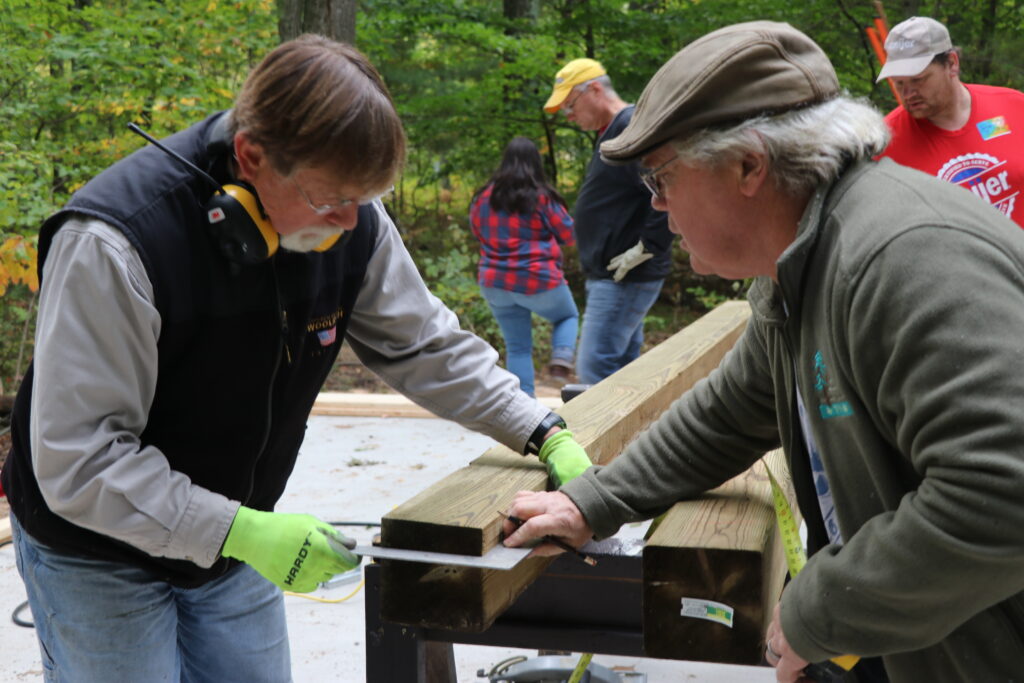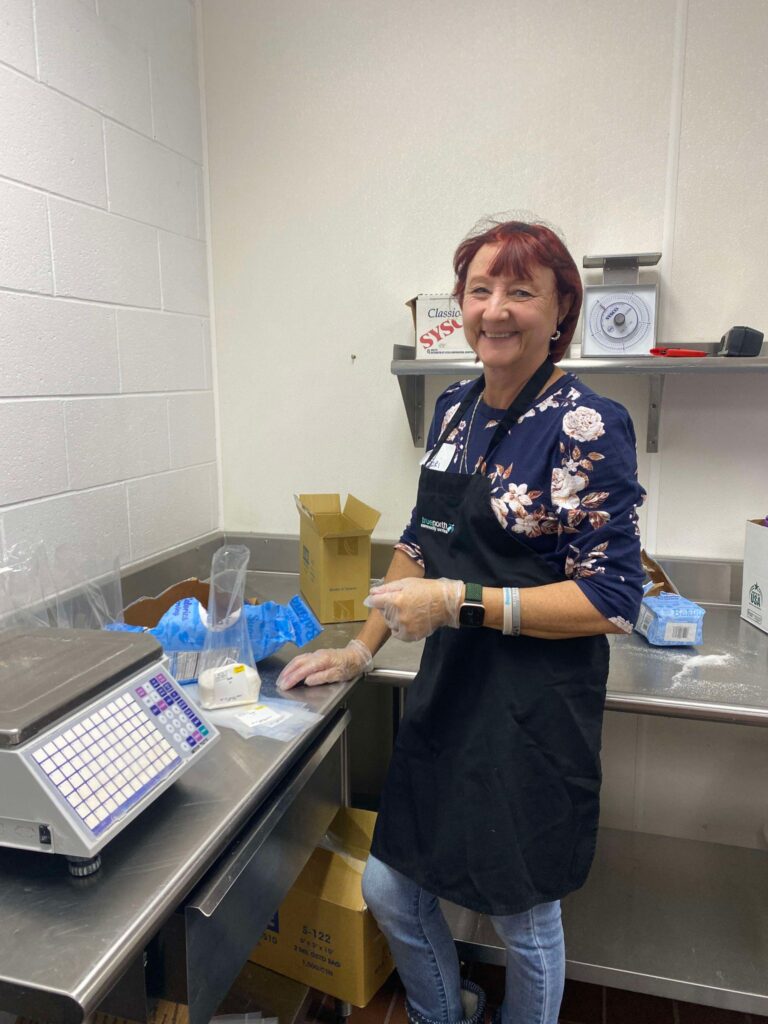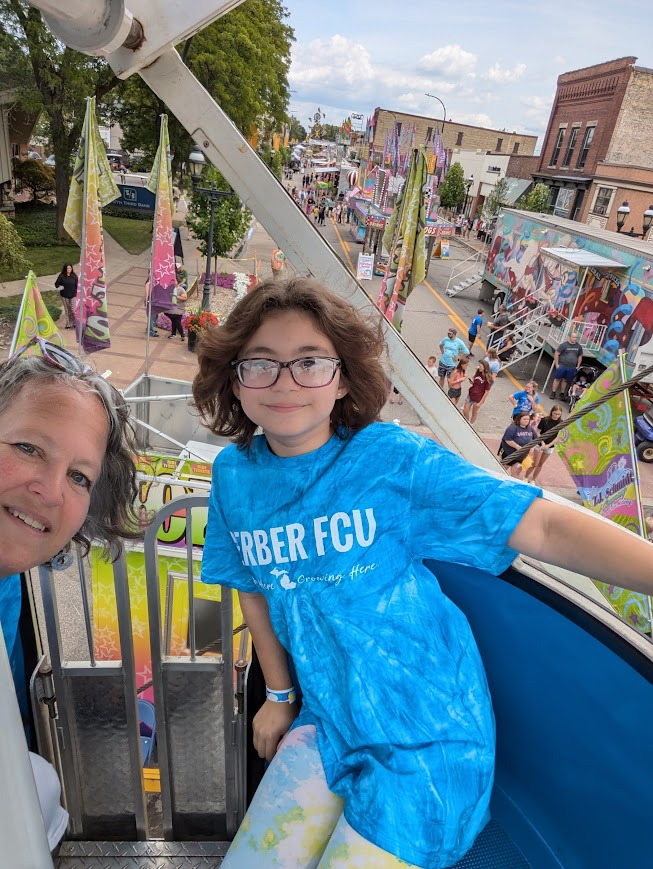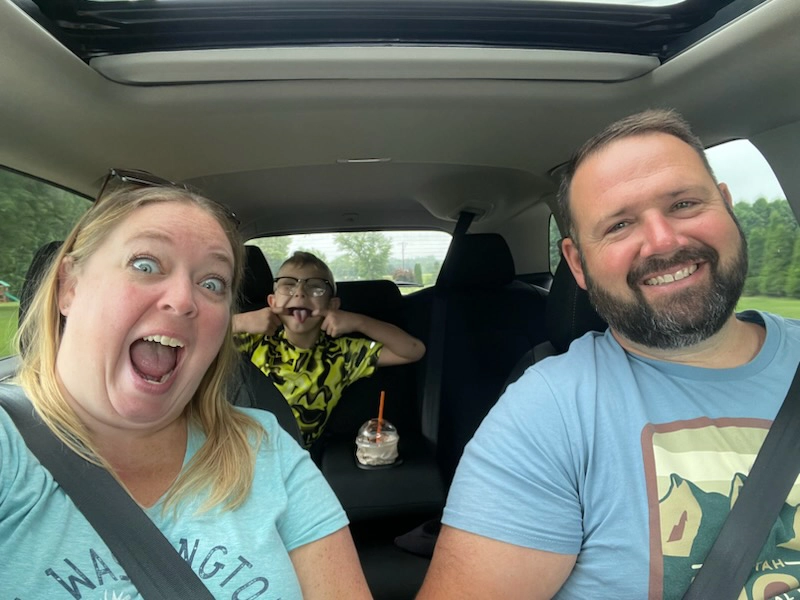The Quiet Crisis: Social Isolation Among Seniors in West Michigan
In today’s world, social isolation has become a hidden but growing public health concern, especially among older adults. Here in West Michigan, many seniors face this reality daily. While the region is known for its strong community values, the aging population is increasingly at risk of feeling disconnected and alone. Social isolation doesn’t just affect emotional well-being; it’s linked to serious health risks like heart disease, depression and cognitive decline. Recognizing this, local organizations and neighbors are driving change to build stronger, more connected communities, ensuring that aging in West Michigan doesn’t have to mean aging alone.
Discover how social isolation affects seniors in our community and how you can contribute to building connections and hope.
Understanding Social Isolation: Who’s at Risk and Why It Matters
Social isolation is more than just feeling lonely; it’s a serious public health issue affecting millions across the United States. According to the Centers for Disease Control and Prevention (CDC), social isolation and loneliness impact mental and physical health significantly. Understanding who is most at risk and why is the first step toward creating stronger, healthier communities.
Who Is Most Vulnerable?
Social isolation doesn’t affect everyone equally. Certain individuals and groups face higher risks due to a mix of personal circumstances and social factors.
At the individual level, people living with chronic illnesses or disabilities often find it harder to stay connected. Others may experience discrimination or feel marginalized because of their race, socioeconomic status, gender identity or language barriers. Life changes like job loss, divorce or the loss of loved ones can also increase feelings of isolation. On a broader scale, older adults are among the most vulnerable. Many face reduced mobility, smaller social networks and may live alone.
TrueNorth’s Community Connections: Strengthening Belonging, Enhancing Well-being
TrueNorth’s Community Connections programs are rooted in a simple but powerful truth: we thrive when connected. In today’s fast-paced and often isolating world, having strong social ties and a sense of belonging can make all the difference in a person’s health, confidence and overall quality of life. That’s why Community Connections is dedicated to building and expanding social circles in Newaygo County – offering people aged 55 and older the opportunity to come together, discover shared interests and participate in experiences that inspire and uplift.
Through a wide range of activities – from group outings and cultural events to workshops and physically active experiences – Community Connections helps individuals step outside their routines and into the community. These shared moments foster friendships, mutual respect and learning between people of different backgrounds, experiences and generations.
At its heart, Community Connections is about empowerment. Participants aren’t just joining in – they’re also encouraged to lead, share their skills and shape the community around them. Through art, nature walks or volunteering opportunities, people showcase who they are and what they bring to the table.
In every neighborhood, there is untapped potential and quiet isolation. TrueNorth’s Community Connections bridges those gaps, reminding us that we are stronger when we reach out, show up for one another and grow together. These programs don’t just build connections – they build community.
The Health Consequences Are Serious
Chronic social isolation isn’t just emotionally painful – it’s linked to a host of health problems. The Centers for Disease Control and Prevention states that socially isolated people have higher risks of heart disease, stroke, diabetes, depression, cognitive decline and even premature death. Loneliness can trigger stress responses in the body, leading to inflammation and a weakened immune system.
Why Community Matters
Social isolation doesn’t happen in a vacuum. Where people live, work, and play plays a big role. Communities lacking accessible public spaces, safe neighborhoods, or reliable transportation make it harder for people to connect. Economic instability and a lack of inclusive policies can deepen the divide.
Taking Action
Building stronger social connections benefits everyone. When people feel supported and engaged, they make healthier choices, cope better with stress and enjoy longer, more fulfilling lives. Personal outreach and community-wide efforts, like creating welcoming spaces, expanding access to services and fostering inclusive environments, are essential for combating social isolation
Understanding social isolation is crucial as we work toward building communities where everyone feels seen, supported and connected. We can bridge the gaps and help make healthier, happier lives together.
Michigan’s Aging Shift: What It Means for Families, Communities, and Health
Michigan is experiencing a dramatic demographic shift. In 1970, children outnumbered seniors by a ratio of four to one, with 3.25 million youth compared to only 750,000 older adults. Today, those numbers have flipped. Michigan now has just 2.1 million children – a 35% decline – while the total population has grown to 10.1 million. Meanwhile, the senior population has swelled, driven largely by aging Baby Boomers. Now, 45 of Michigan’s 83 counties have more seniors than children, according to 2023 U.S. Census estimates analyzed by MLive.
This shift has wide-reaching implications – from school enrollment to healthcare systems to community infrastructure. It also highlights the growing need for resources supporting aging adults and working families.
In response to rising housing insecurity, Trinity Health has transformed a former assisted living facility near Ann Arbor into a temporary emergency shelter for families. Located just outside Ypsilanti, the shelter offers rooms large enough for four beds, with easy access to bus lines, major employers, and schools. Trinity Health officials say the goal is to reduce barriers to transportation and essential services.
Meanwhile, in Flint, access to early brain health support is expanding. The “Capturing Memories” Community Brain Health Day on June 21 provided free Alzheimer’s screenings to area residents. The event included cognitive testing, blood biomarker analysis, and, if needed, a telehealth consultation with a neurologist at no cost. This proactive, accessible care is essential as Michigan’s population ages.
From shifting demographics to expanded health and housing services, Michigan communities are adapting to meet the needs of their residents.
As we’ve explored how demographic shifts are reshaping Michigan communities – and seen local responses like emergency family shelters and free brain‑health screenings – it’s clear meaningful connection plays a larger role than ever. That’s why TrueNorth’s upcoming Tee Up for TrueNorth golf outing isn’t just a fun day on the green – it’s a vital fundraiser that supports Community Connections programming, the heart of TrueNorth’s mission to combat social isolation and build strong community ties through one-on-one outreach, group events and volunteer engagement.
Tee Up for TrueNorth: Golfing with Purpose
Join us on Saturday, August 23, at Village Green Golf Club for the second-annual Tee Up for TrueNorth outing – an 18-hole, four-person scramble that supports Community Connections initiatives. Whether you’re competing in the men’s or mixed division, the event includes a round of golf, a cart, lunch and fun contests with prizes. More importantly, every dollar raised fuels programs like All Together, Call & Connect, Coffee Connections, Community Friends and Tech Help, which bring volunteers and isolated community members together for meaningful interaction.
These initiatives foster everything from volunteer interest groups and friendly check-in calls to neighborhood coffee meet-ups and one-on-one tech support. As social isolation continues to impact mental and physical health, this event delivers much more than sport – it creates connection and camaraderie where needed most. Register today, and you’ll enjoy a memorable golfing day while actively strengthening community bonds and supporting people who might otherwise feel overlooked. By teeing off, you’re also teeing up brighter, more connected communities across West Michigan.

